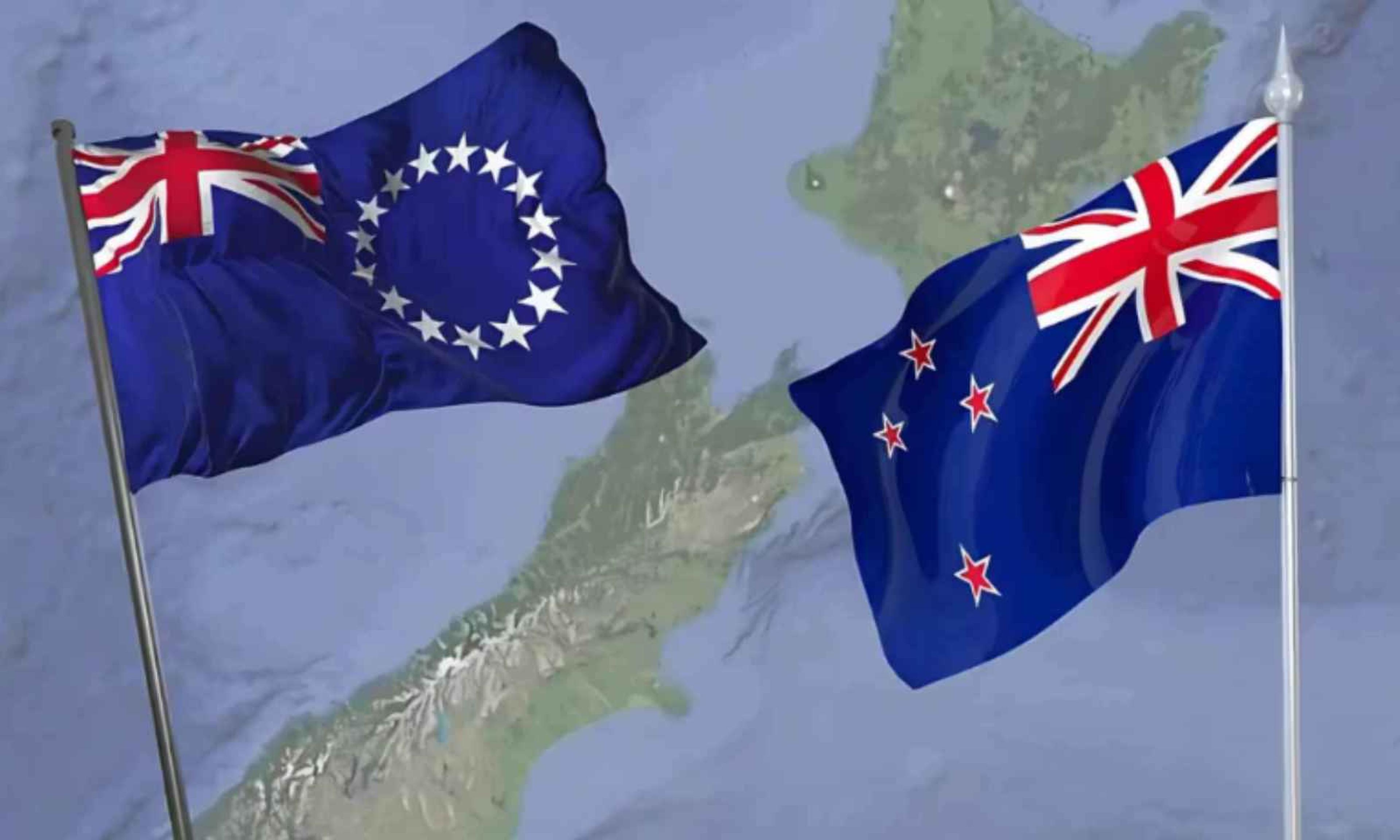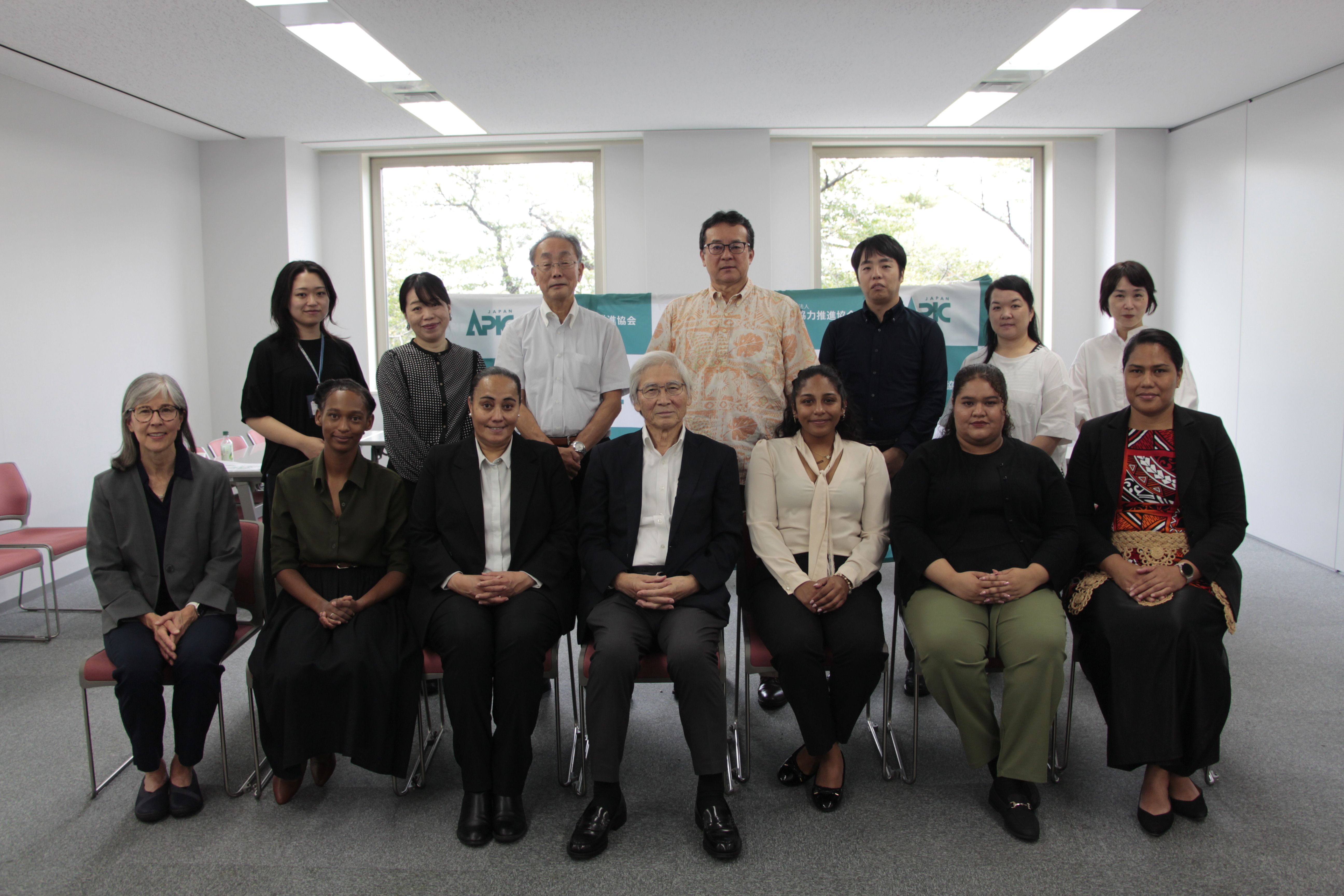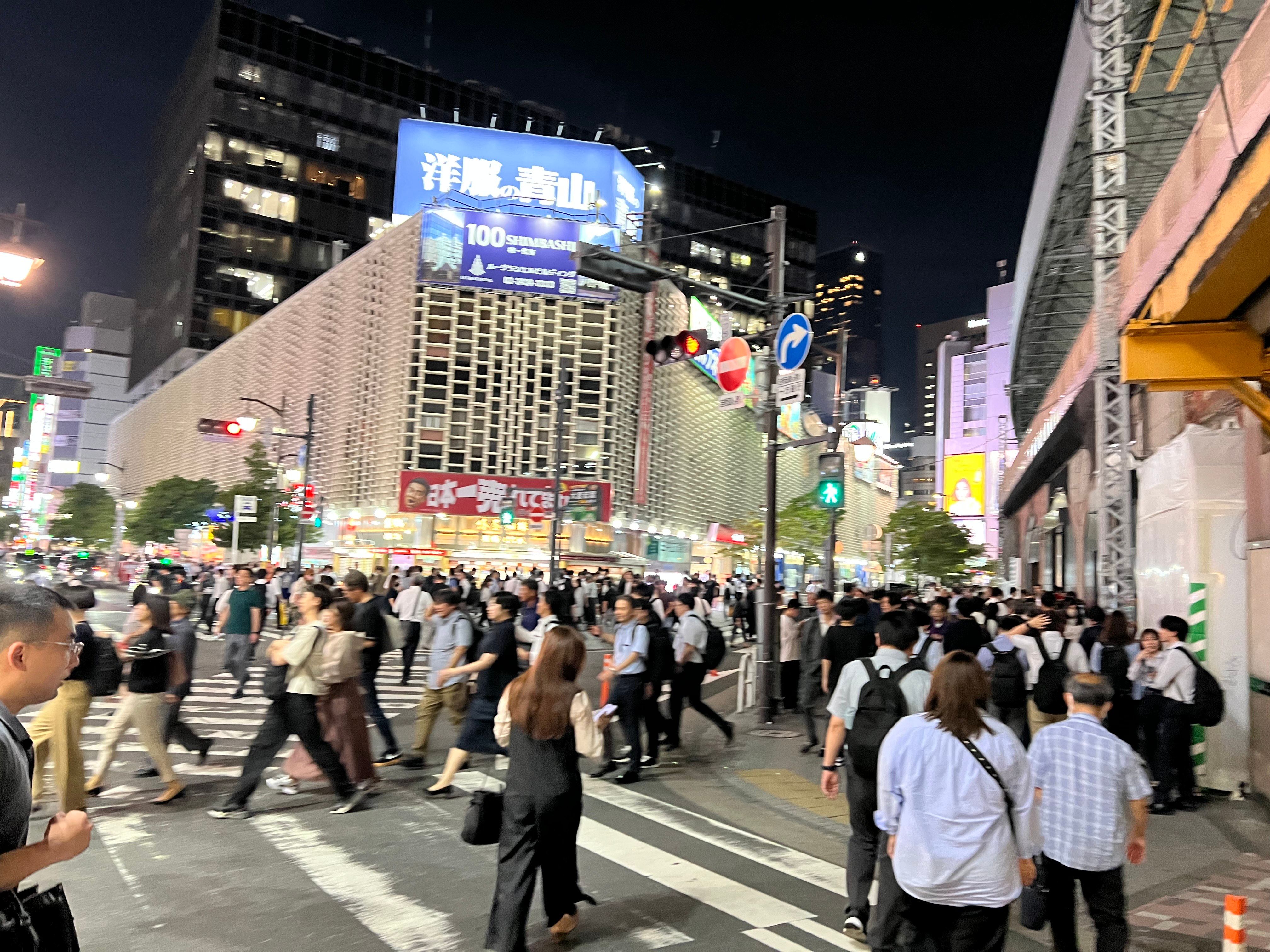

As part of this year's APIC programme, journalists will visit the World Expo in Osaka.
Photo/Expo2025
Journalists dive into Japan’s solutions to climate, disaster and sustainability threats
A group of newsmakers from the Pacific and Caribbean are immersed in Japan’s real-world responses to these challenges as part of a unique media fellowship.



Pacific leaders demand fair backing as Moana Pasifika cancels Tonga Super Rugby match

Diamond Langi steps into her boldest era with ‘Yodelay' ft. JKings

Cook Islands projects still delayed as NZ funding suspension continues over tensions


Pacific leaders demand fair backing as Moana Pasifika cancels Tonga Super Rugby match

Diamond Langi steps into her boldest era with ‘Yodelay' ft. JKings
As small island nations face increasing challenges from climate change, economic ups and downs, and social issues, learning from one another becomes more important than ever.
This week, experienced journalists from Pacific and Caribbean countries, including Fiji, Tonga, New Zealand, Belize, Jamaica, and Trinidad and Tobago, are in Japan to learn how this island nation handles similar challenges.
The group is taking part in a fellowship programme organised annually by the Association for Promotion of International Cooperation (APIC) and the Foreign Press Center Japan. The programme gives journalists the chance to visit various towns and cities in Japan known for their innovative solutions to problems like disaster preparedness, environmental sustainability, aging populations, and revitalising rural areas.
The journalists kicked off their visit with a warm welcome on Monday, touring the Ministry of Foreign Affairs and the Japan Meteorological Agency in Tokyo, where they met with government officials.
In past tours, journalists had the opportunity to visit Ama Town in Shimane Prefecture, a remote community that has made significant strides in addressing population decline through local businesses, sustainable fishing practices, and engaging young people. For these journalists from island nations facing similar challenges, the lessons they learned in Japan were eye-opening.
Past participants also experienced places like Osaki Town, which proudly boasts an impressive recycling rate of 80 per cent - achieved without burning waste. The journalists saw firsthand how members of this Japanese community separate their waste into over 30 categories and convert organic waste into fertiliser through composting, practices that could be adapted back home.

PMN News Senior Reporter Christine Rovoi, front third from left, with other international participants of the APIC Japan Journalism Fellowship 2025 and APIC President Toshinori Shigeie, front fourth from left. Photo/APIC.
The fellowship isn't only focused on environmental and rural issues. Participants also explored Hitoyoshi City, which developed advanced flood prevention measures after serious flooding in 2020. They visited Yokohama’s Disaster Prevention Centre, where visitors learn about preparing for earthquakes and tsunamis - valuable knowledge for Pacific nations like Tonga, Vanuatu, Fiji, and Sāmoa, where natural disasters happen a lot.
But most surprising for these journalists has been the everyday similarities they have found between their communities and Japanese society. Japan is a highly developed nation, but it faces challenges like political division, inequality between rural and urban areas, rising living costs, and young people feeling disconnected from their communities.
Just as in the Pacific islands, local governments in Japan are trying out community-driven initiatives to boost economies, create trust in local governance, and preserve cultural traditions amid rapid change.

Photo/PMN News/Christine Rovoi
“It was uplifting to see how Japan, despite its development, faces many of the same challenges we do,” one journalist on a recent programme stated. “We recognised that solutions can come from everyday people, not just from leaders at the top.”
Just like New Zealand and Pacific island countries, Japan also faces issues involving politics, the economy, social security, and foreign relations. Addressing this year's cohort, APIC President Toshinori Shigeie says that while Japan is “generally peaceful” and its economy is recovering, it still faces major challenges.
During the APIC Japan Journalism Fellowship, the group is expected to write stories, and many have gone on to publish detailed reports in their local Pacific media. The reports cover a diverse range of topics, from volcanic disaster preparedness to efforts to preserve culture in rural Japan, sparking key conversations about how the Pacific can adopt similar strategies.
At its core, the APIC fellowship fosters connections between people, islands, and ideas. It shows that journalism is not just about sharing what is happening but also about imagining what could be possible.
In a world where issues like climate change, economic strains, and social challenges reach across borders, these shared stories offer hope, insight, and a sense of unity.
Quick facts
APIC is engaged in various development cooperation projects for the purpose of promoting international cooperation and deepening mutual understanding between Japan and several countries.
APIC was established on 8 September 1975. The organisation transferred into a general incorporated foundation due to the law revision on 1 April 2013.
The Foreign Press Center Japan (FPCJ) is a non-profit organisation which was formally inaugurated in October 1976.
The FPCJ is designed to provide foreign journalists, both resident and visiting, with the necessary assistance and cooperation for collecting accurate and up-to-date information on Japan.
PMN News Senior Reporter Christine Rovoi has been selected to take part in the 2025 APIC Japan Journalism Fellowship. During her time there, she will engage in hands-on experiences to learn about how Japan takes on challenges such as natural disasters, climate change, and sustainable living.